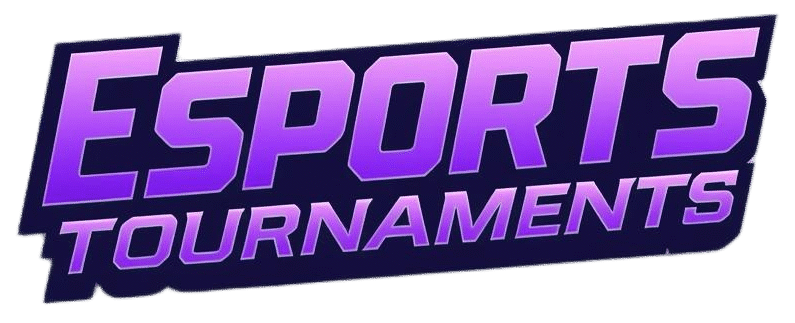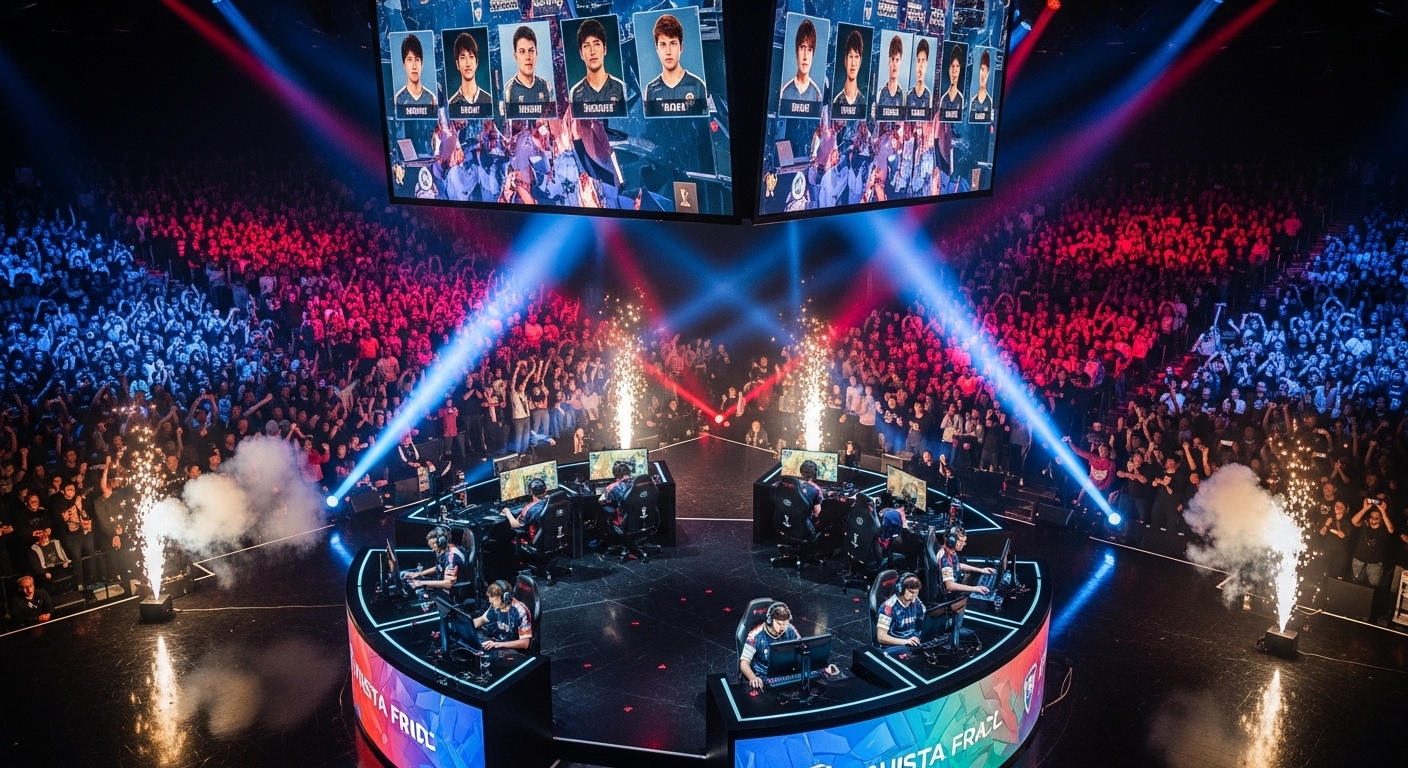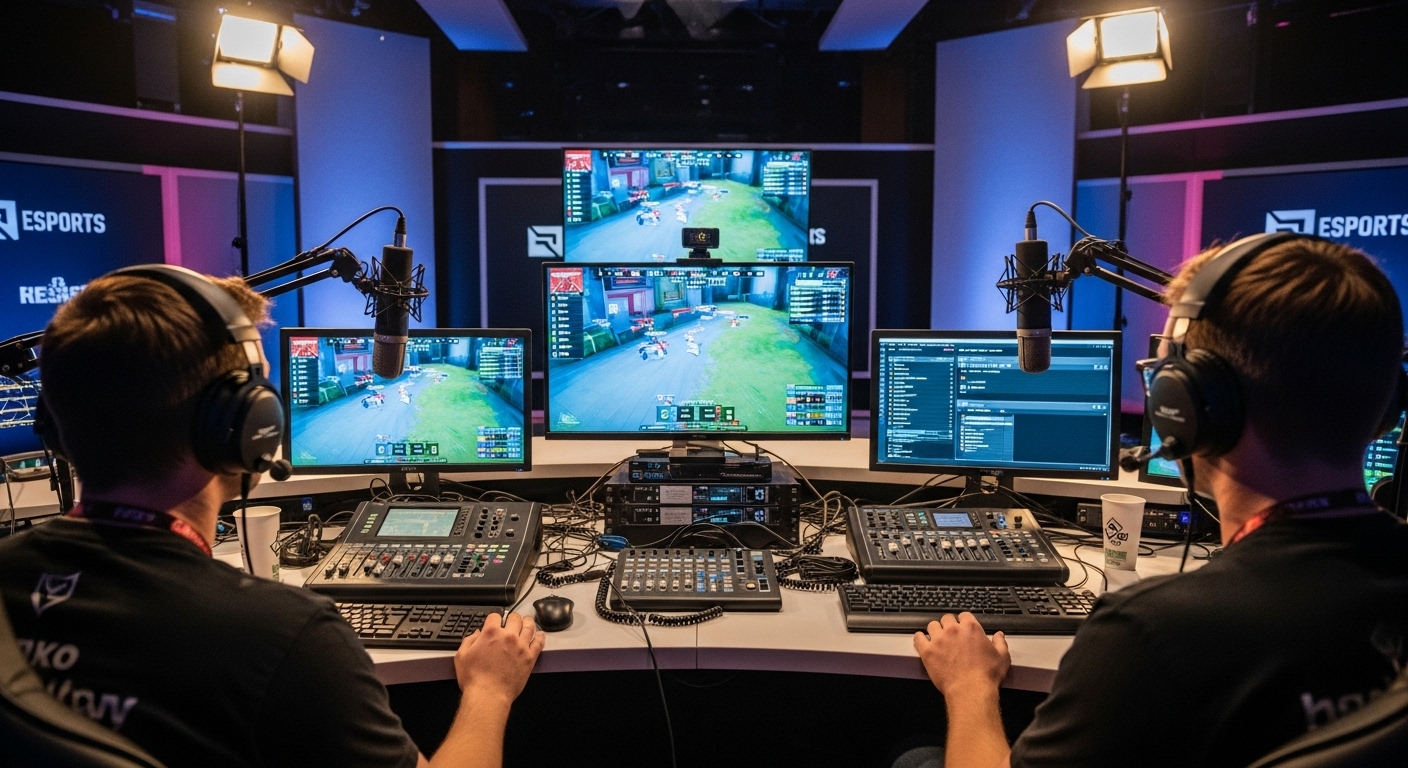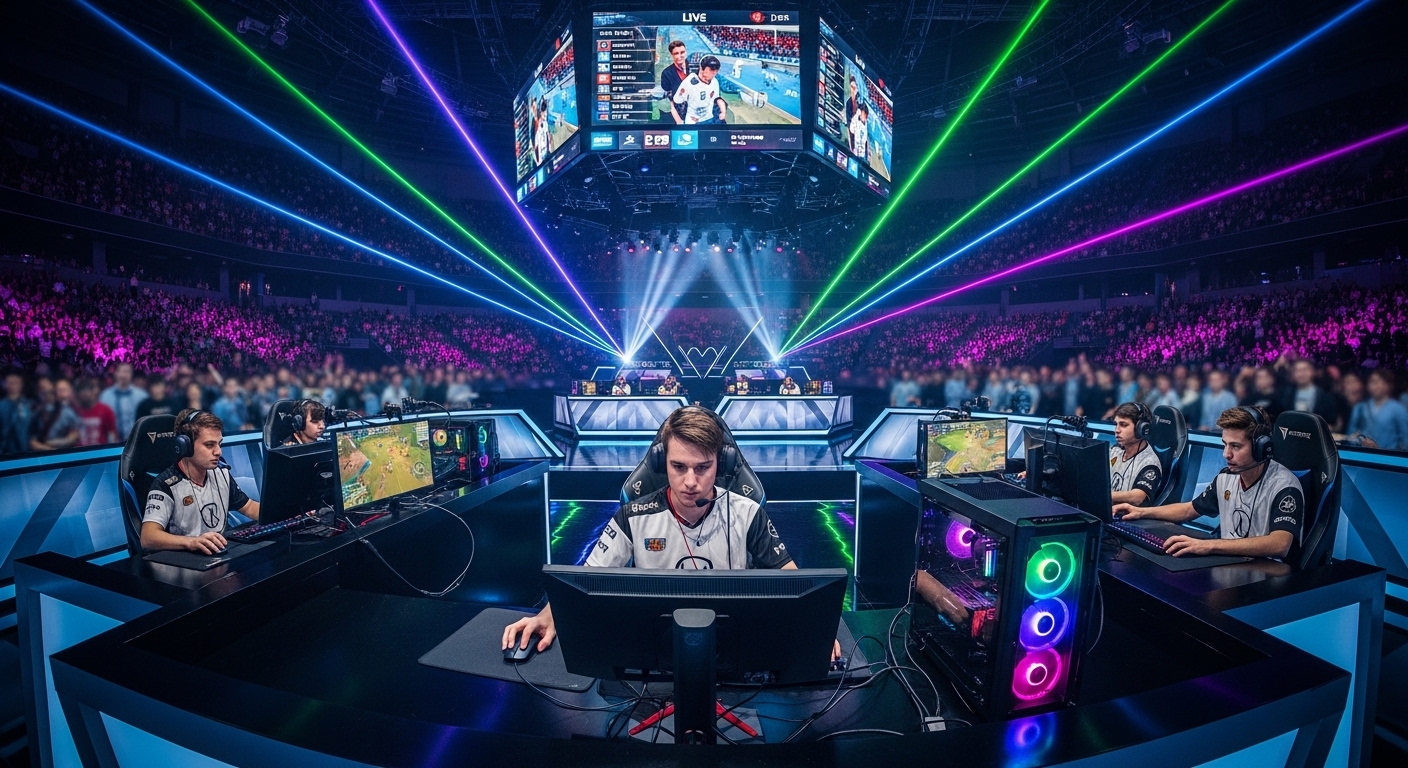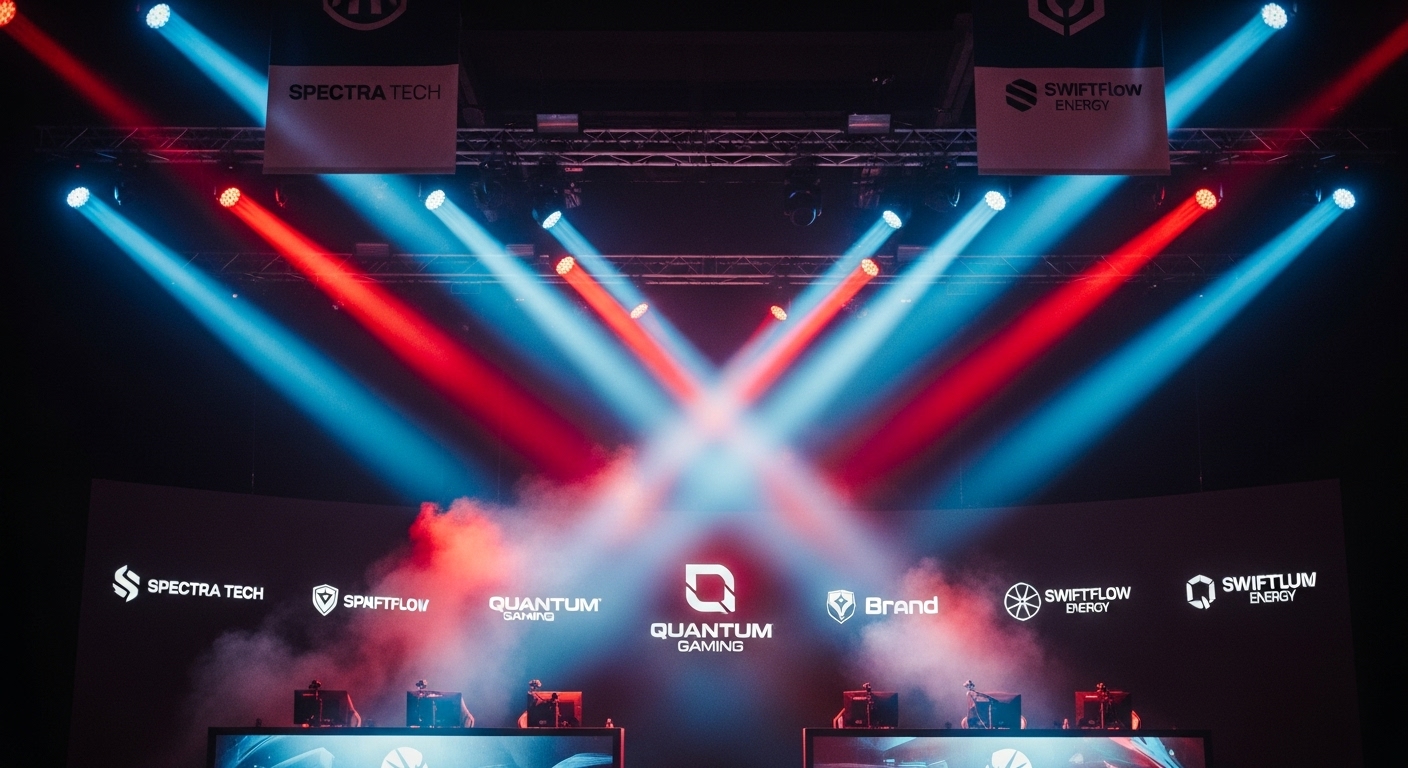The esports industry has exploded into one of the most exciting and fast-growing sectors in entertainment and sports. What was once considered a casual pastime for gamers has evolved into a professional ecosystem offering countless career paths. Beyond players and streamers, esports now requires skilled professionals in management, marketing, production, communication, design, and analytics. For those aspiring to work in this industry, internships have become one of the most effective entry points. They provide hands-on experience, mentorship, and a clearer understanding of how esports organizations function behind the scenes. This blog explores the world of internships and opportunities in esports organizations, examining how young professionals can start, grow, and thrive in this digital sporting phenomenon.
Understanding the Esports Ecosystem
Before exploring internships and job opportunities, it’s essential to understand the structure of the esports ecosystem. Unlike traditional sports, esports organizations function as a blend of entertainment companies, digital platforms, and competitive teams. There are multiple stakeholders in the industry: game developers and publishers, event organizers, broadcasting companies, esports teams, sponsors, and marketing agencies. Each plays a vital role in ensuring that tournaments, leagues, and content operate smoothly.
Internships can exist across all these segments. For example, game publishers such as those managing popular titles like League of Legends or Dota 2 often offer internships related to event management or marketing. On the other hand, esports teams might provide positions in social media, community management, or player support. This diversity means that anyone—from tech enthusiasts to creative minds—can find a path in esports.
Why Esports Internships Matter
Internships in esports are more than just temporary positions; they are gateways into one of the most dynamic industries today. Since esports is still relatively young compared to traditional sports, it constantly evolves. Interns often work on cutting-edge projects that shape the future of competitive gaming. The fast-paced nature of the field ensures that interns gain real-world experience quickly, often handling responsibilities that would take years to earn in other industries.
Additionally, esports internships foster critical industry connections. Networking remains a cornerstone of success in gaming careers. Interns get to interact with professionals who have shaped major tournaments, managed global brands, or developed successful marketing strategies for gaming audiences. Building these connections early can lead to full-time roles or collaborations in the future.
Another major advantage is skill development. Interns learn practical skills such as digital marketing, broadcast production, player relations, and event logistics. These experiences not only prepare them for esports-specific roles but also for broader positions in media, marketing, and entertainment.
Key Departments Offering Esports Internships
Esports organizations are complex and require professionals from multiple disciplines. Internships are available across different departments, each contributing uniquely to the industry.
1. Event Management
Events are at the heart of esports. From local tournaments to global championships, successful execution depends on a team of event planners, coordinators, and production staff. Interns in event management help organize tournaments, manage logistics, and ensure that both online and offline competitions run smoothly. They might assist with scheduling matches, communicating with teams, and supporting broadcast crews. These experiences provide valuable insights into how large-scale esports events are managed and broadcasted to global audiences.
2. Marketing and Sponsorship
Marketing plays a massive role in esports because of its heavy reliance on digital audiences. Interns in marketing departments assist in crafting promotional campaigns, managing social media channels, and engaging fans. Sponsorship internships involve working with corporate partners to create value-driven collaborations that benefit both the sponsor and the organization. This is one of the most dynamic areas, as it involves creativity, analytics, and relationship-building.
3. Content Creation and Media Production
Content fuels fan engagement in esports. Interns in content creation help produce videos, write blogs, edit highlights, and manage streaming platforms. They might work closely with video editors, graphic designers, and social media managers. Learning how to tell stories around players and teams through engaging content is a skill that has become increasingly valuable in esports organizations.
4. Team Operations and Player Management
Every professional team needs operational support. Interns in team operations assist in scheduling practices, managing travel arrangements, or helping with daily team logistics. Those in player management gain experience handling contracts, wellness initiatives, and communication between players and management. This area is ideal for individuals interested in sports management or psychology, as it involves understanding both performance and teamwork dynamics.
5. Esports Analytics and Data Management
Data-driven decision-making has become a crucial aspect of esports. Analytics interns help gather performance data, viewership statistics, and engagement metrics to improve strategies for players, teams, and marketing efforts. This role often requires proficiency in data analysis tools and a strong understanding of competitive gaming.
6. Community and Social Media Management
Community building lies at the core of esports success. Interns in this department engage with fans, moderate online communities, and create interactive campaigns. They help shape the public image of a team or organization by ensuring that fans feel included and valued. This experience develops communication, diplomacy, and public relations skills that are essential in today’s connected digital world.
How to Secure an Esports Internship
Landing an esports internship can be competitive, but with the right strategy, it’s achievable. Here are some key steps to consider:
1. Build a Strong Portfolio
Having a portfolio showcasing your skills can significantly improve your chances. For example, aspiring marketers can showcase social media campaigns they’ve run, while video editors can display highlight reels or promotional videos. Even small projects or volunteer experiences within local gaming communities can make a big difference.
2. Engage in Esports Communities
Active participation in gaming communities helps you understand the culture and network with people in the industry. Joining Discord servers, attending tournaments, and following esports organizations on social media can lead to potential opportunities. Many companies scout active and passionate members of their communities for internship programs.
3. Tailor Your Application
When applying, avoid sending generic resumes. Instead, customize each application to reflect your understanding of the organization’s goals and the specific internship role. Expressing genuine passion for esports and knowledge of their brand can set you apart from other candidates.
4. Leverage Educational Programs
Many universities now offer esports degrees or partner with gaming companies to provide internship placements. Taking part in these programs gives students structured access to opportunities that might not be publicly advertised.
5. Showcase Transferable Skills
Even if you haven’t worked in esports before, emphasize relevant skills from other fields. Experience in marketing, communication, project management, or design can easily transfer to esports roles. Employers often value enthusiasm and adaptability as much as direct experience.
Emerging Opportunities in Esports Organizations
As esports continues to evolve, new areas of opportunity are constantly emerging. The industry’s growth is not limited to competitive gaming; it spans across technology, media, and education. Here are some emerging opportunities to look out for:
1. Esports Education and Coaching
With universities launching esports programs, there’s a growing need for educators and coaches. Interns can assist with team management, training coordination, and academic research on gaming performance. This is an excellent path for those interested in combining education with esports expertise.
2. Broadcast and Production
Behind every live-streamed event is a team of producers, camera operators, commentators, and technical staff. Interns can work on broadcast production, learning about camera setups, overlays, and real-time event coordination. As esports events reach millions of viewers, the need for skilled broadcasters is increasing rapidly.
3. Technology and Software Development
Esports relies heavily on technology—from anti-cheat systems to streaming platforms. Internships in software development, IT support, or cybersecurity within esports organizations can lead to long-term careers. Developers often create tools to enhance player performance, data analysis, or viewer engagement.
4. Merchandising and Brand Development
Merchandising has become a major revenue stream for esports teams. Interns in this area help design apparel, manage inventory, and develop branding strategies. Understanding fan culture and fashion trends is crucial for creating products that resonate with audiences.
5. Health, Fitness, and Performance
As the industry matures, organizations are investing more in player health. Interns working in sports science, nutrition, or psychology can contribute to player development programs. This is an exciting intersection between esports and traditional athletic performance science.
The Global Growth of Esports Internships
Esports has become a global industry, offering opportunities across North America, Europe, Asia, and beyond. In regions like South Korea, China, and the United States, esports organizations are already well-established, offering structured internship programs. However, new markets such as Southeast Asia, the Middle East, and Latin America are rapidly expanding, creating fresh opportunities for young talent.
The rise of remote work has also revolutionized esports internships. Many roles, particularly in marketing, social media, and content creation, can be performed online. This allows aspiring professionals from anywhere in the world to contribute to international organizations without relocating.
Challenges of Esports Internships
While esports internships are full of promise, they also come with challenges. The fast-paced nature of the industry means long hours during major tournaments or deadlines. Additionally, because esports organizations vary in size, some internships may lack structured mentorship compared to traditional corporate programs.
Another issue is compensation. Some internships are unpaid or offer minimal stipends, especially in smaller organizations. Aspiring professionals should carefully evaluate opportunities to ensure they gain meaningful experience and fair treatment. However, many interns accept these challenges because the long-term benefits—experience, exposure, and networking—can be invaluable.
Building a Career Beyond Internships
Completing an internship is just the beginning. Turning that experience into a long-term career requires strategic effort. Maintaining relationships with supervisors, staying active in esports communities, and continuing to learn are all essential steps.
After an internship, individuals can pursue full-time roles such as social media coordinator, event assistant, marketing specialist, or player operations manager. Others may choose to specialize in analytics, design, or production. With consistent growth in the industry, there is room for career advancement and even entrepreneurship. Many former interns have gone on to launch their own gaming startups, content platforms, or event production companies.
The Future of Esports Career Development
The future of esports offers limitless potential for aspiring professionals. As esports continues to integrate with mainstream entertainment, the demand for skilled workers will only increase. The next decade will likely see more formalized training programs, university partnerships, and global organizations offering paid internships.
Virtual reality, blockchain integration, and artificial intelligence are also shaping the future of esports. These technologies will create entirely new departments and career paths that do not yet exist. Interns entering the industry today are not just filling current roles—they are shaping what esports will become in the future.
Conclusion
Internships in esports organizations represent the perfect bridge between passion and profession. They offer an unmatched opportunity to gain hands-on experience, learn from industry leaders, and contribute to the fast-paced world of competitive gaming. Whether your interest lies in marketing, production, technology, or team management, esports provides diverse pathways to success.
